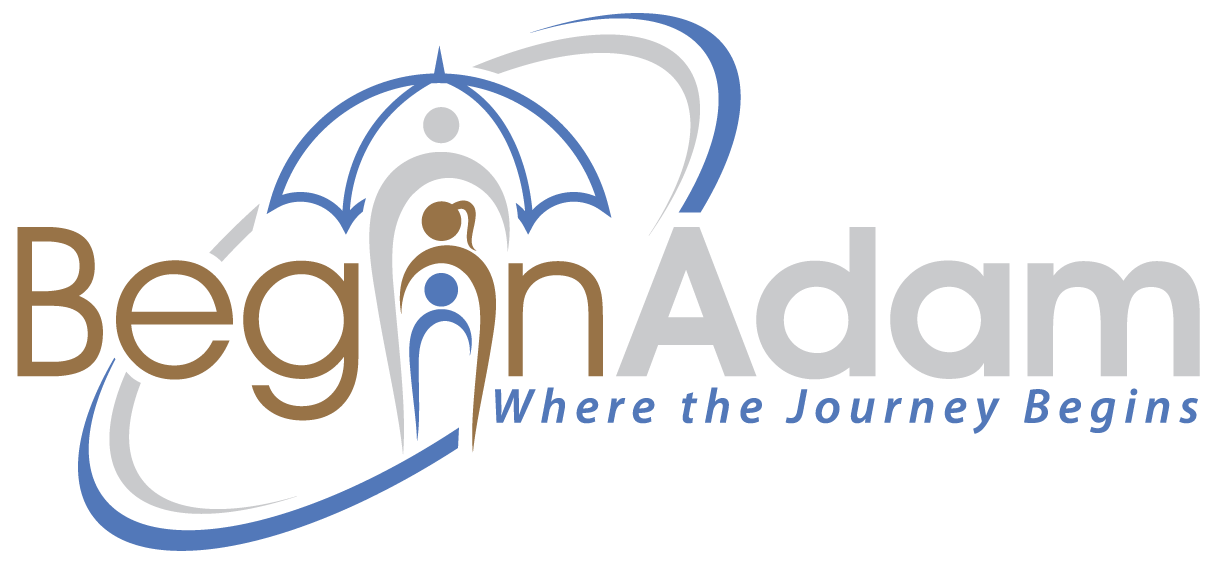Life Insurance
Life Insurance
Life insurance is an essential investment
that can provide financial security
for your loved ones in the event of your untimely death. It is a contract between an individual and an insurance company in which the individual pays a premium in exchange for a death benefit payout to their beneficiaries upon their death. However, with so many different types of life insurance available, it can be challenging to choose the right one for your needs. In this article, we will discuss all types of life insurance, including final expense life insurance, implications based on age and health, and how a faith-based agent can provide additional advantages

Term Life Insurance
Term life insurance is one of the most popular types of life insurance. It provides coverage for a specific period, typically ranging from 10 to 30 years. If the policyholder passes away during the term, their beneficiaries will receive a death benefit payout. Term life insurance is generally the most affordable type of life insurance and is an excellent option for individuals who want to ensure that their loved ones are protected during a specific time frame, such as until their children are grown and self-sufficient or until their mortgage is paid off.

Whole Life Insurance
Whole life insurance, also known as permanent life insurance, provides coverage for the policyholder’s entire life.

Universal Life Insurance
Universal life insurance is another type of permanent life insurance that provides a death benefit and a cash value component.

Variable Life Insurance
Variable life insurance is a type of permanent life insurance that offers both a death benefit and a cash value component.
Whole Life Insurance
Whole life insurance, also known as permanent life insurance, provides coverage for the policyholder’s entire life. This type of policy includes both a death benefit and a cash value component. The cash value component accumulates over time and can be borrowed against or withdrawn by the policyholder. Whole life insurance is typically more expensive than term life insurance, but it provides lifelong coverage and a savings component that can be used for various purposes, such as funding retirement or paying for college.
Universal Life Insurance
Universal life insurance is another type of permanent life insurance that provides a death benefit and a cash value component. However, unlike whole life insurance, the policyholder has more flexibility in determining the premium amount and the death benefit amount. The cash value component earns interest at a rate determined by the insurance company and can be withdrawn or borrowed against by the policyholder. Universal life christian insurance can be a good option for individuals who want the flexibility to adjust their coverage and premiums over time.
Variable Life Insurance
Variable life insurance is a type of permanent life insurance that offers both a death benefit and a cash value component. The policyholder can choose how the cash value component is invested, typically in mutual funds or other investment options offered by the insurance company. The value of the cash component can vary based on the performance of the chosen investments, and there is the potential for higher returns than other types of life insurance. However, there is also a higher level of risk involved, and the policyholder may need to pay higher premiums to keep the policy in force.
Final Expense Insurance
Final expense insurance is a type of life insurance that provides coverage for the costs associated with a person’s funeral and other end-of-life expenses. It is typically a small policy, with death benefit payouts ranging from $5,000 to $25,000. Final expense insurance can be a good option for individuals who want to ensure that their loved ones are not burdened with the costs of their funeral and other end-of-life expenses.
Implications Based on Age and Health
The type of life insurance you choose can depend on your age and health. Generally, the younger and healthier you are, the more affordable your life insurance premiums will be. If you have a pre-existing condition or a high-risk lifestyle, such as smoking or extreme sports, you may need to pay higher premiums or may not be eligible for certain types of life insurance. It’s important to discuss your health and lifestyle with an insurance agent to determine the best type of life insurance for your needs.
Faith-Based Agent Advantages
A faith-based agent can provide additional advantages when purchasing life insurance. These agents are typically motivated by a desire to servetheir clients and provide guidance based on their faith and values. They may be able to offer policies specifically tailored to their clients’ religious beliefs, such as burial insurance that adheres to certain religious customs. Additionally, faith-based agents may prioritize ethical and moral considerations when selecting conservative insurance companies to work with and recommending policies to their clients. This can provide peace of mind for clients who want to ensure that their investments align with their values.
Conclusion
Choosing the right type of life insurance can be a complex decision, as it depends on various factors such as your age, health, and financial goals. Term life insurance is an affordable option for those who want coverage for a specific period, while whole life insurance and universal life insurance offer lifelong coverage and a savings component. Variable life insurance can provide higher returns but also involves higher risk and premiums. Final expense insurance can cover end-of-life expenses, such as funerals. It’s essential to discuss your options with an insurance agent who can help you determine the best type of christian life insurance for your needs. A faith-based agent can offer additional advantages, such as policies that align with your religious beliefs and ethical considerations.
